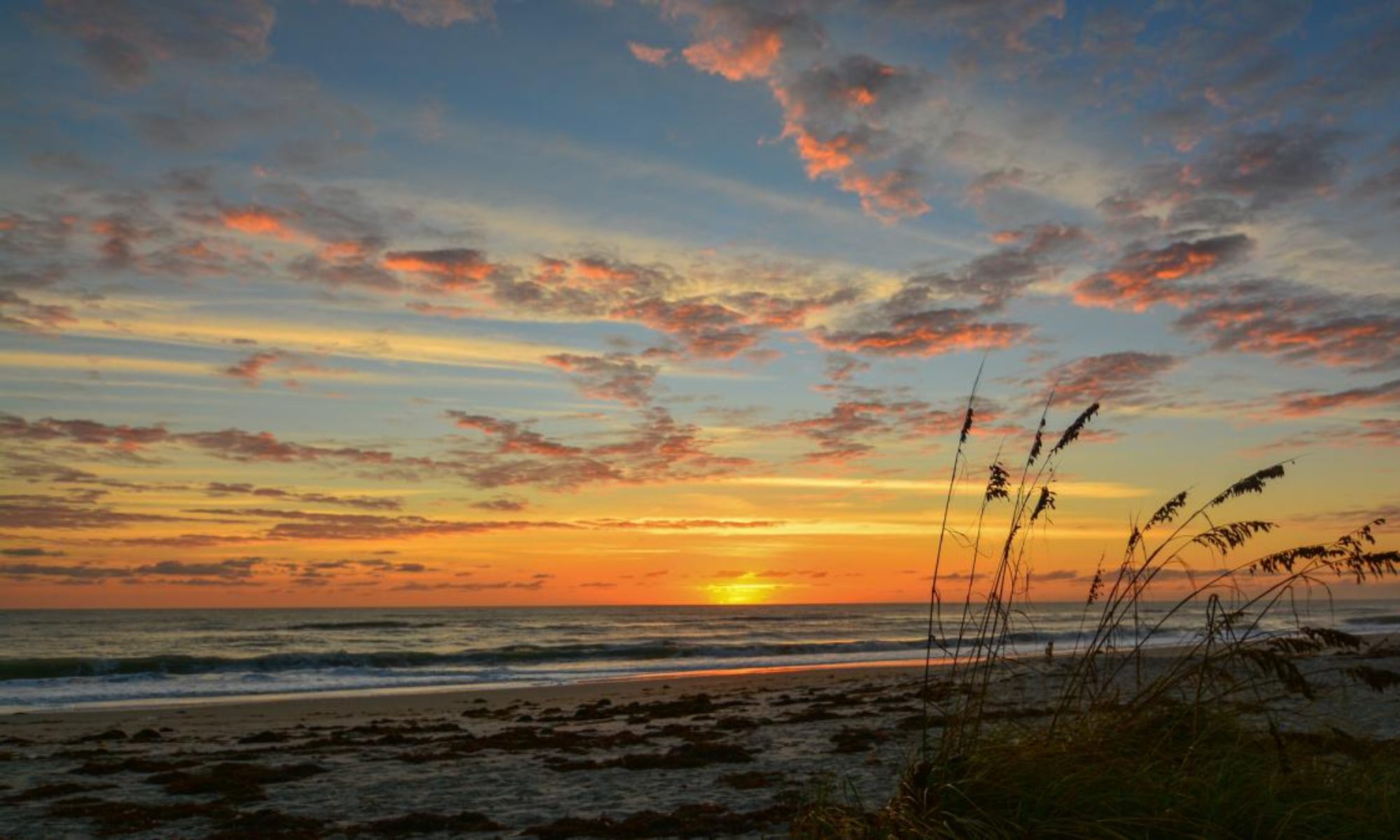Daily Reading
Daily Thought
Moses was called by God and so was Pharaoh. “The Scripture says to Pharaoh, ‘For this very purpose I have raised you up, that I might show my power in you, and that my name might be proclaimed in all the earth’” (Romans 9:17). God put him on the throne of Egypt. Likewise, when wicked nations attacked God’s people, they were doing God’s bidding, “for behold, I am raising up the Chaldeans, that bitter and hasty nation” (Habakkuk 1:6), and “I will use Assyria like a stick” (Isaiah 10:5). They were God’s servants, whether or not they intended to be.
Jews never imagined partnering with the Romans, and yet they did, because salvation required a cross and only the Romans could crucify. “This Jesus, delivered up according to the definite plan and foreknowledge of God, you [Jews] crucified and killed by the hands of lawless men [Romans]” (Acts 2:23).
Jesus chose twelve disciples, including one named Judas Iscariot; “Did I not choose you, the Twelve? And yet one of you is a devil” (John 6:70). He knew it ahead of time.
And ten brothers were intent on murder, but God was intent on salvation, so Joseph was sold as a slave to be just the right person in just the right place at just the right time. “As for you, you meant evil against me, but God meant it for good, to bring it about that many people should be kept alive, as they are today” (Genesis 50:20).
Like it or not, God is in charge. (It’s better to like it.)
Daily Prayer
Sovereign God, the mountains and the oceans, the sun and moon and stars display Your majesty. I hear Your story in the history of my world. I see Your love and Your lordship in the events around me. Throughout history, we try to live without You and against You. How foolish! How foolish we are if we do not call You King of kings and Lord of lords. You are sovereign over the good and the bad. Over all.
Lord, may I always walk in faith, listening to Your Holy Spirit, doing those works You have set before me. May I trust that Your plan is bigger than mine, and may my plans always be part of Yours.
Amen
Daily Question
What are some ways a person who believes God is in charge lives differently than someone who does not?








